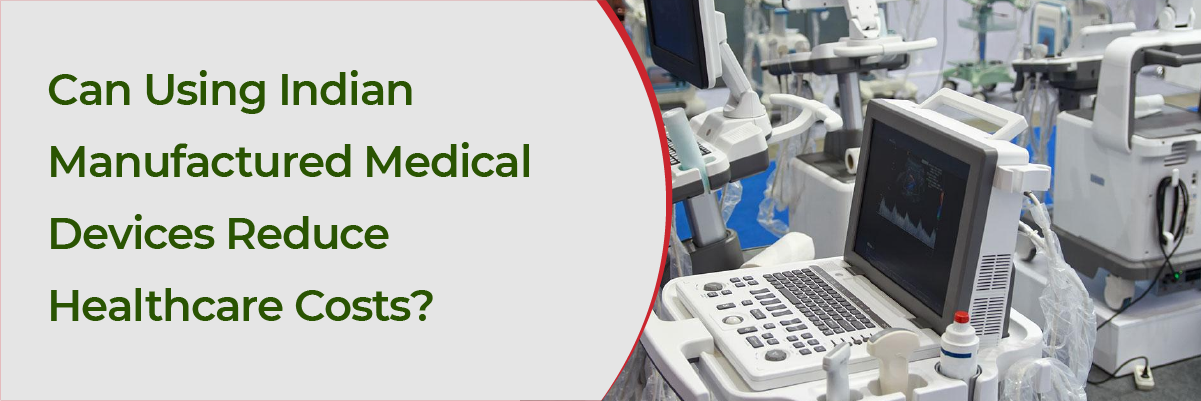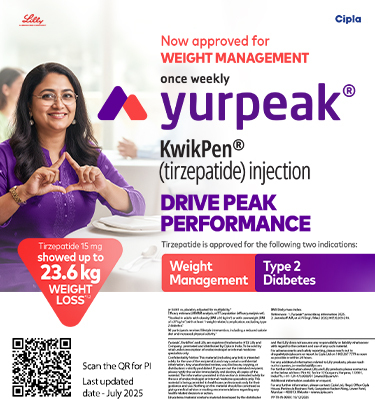
 IJCP Editorial Team
IJCP Editorial Team
Can Using Indian Manufactured Medical Devices Reduce Healthcare Costs?
Indian pharmaceutical which contributes to 20% of the global generic drug and low-cost vaccine supplies. However, despite the high-demand the medical device industry of the subcontinent is still in its nascent stage.
Professor Preeti Kumar, Vice President of the Public Health Foundation of India (PHFI) and Director of the Indian Institute of Public Health (IIPH) in Delhi, emphasized on the need for a regulatory framework to ensure consumer and patient safety, for the approval, licensing, and quality control of medical devices.
India's contribution to the global market is less than 1.6%; the availability remains inadequate and the crisis was more pronounced in during the COVID-19 pandemic. Expensive medical devices such as cardiac stents, dialysis machines, and ventilators are imported at a significant cost, making them expensive for the public. Efforts have been made to promote local manufacture and attain self-sufficiency in key medical devices since 2014-15. Incentives such as the 'Make-in-India' program and Production Linked Incentive (PLI) schemes have been envisaged to promote domestic manufacturing of medical devices.
The recently passed National Medical Devices Policy, 2023, aims to promote local manufacture of expensive medical devices such as surgical implants and monitoring and imaging equipment in order to reduce the dependence on import. The policy enables innovation through regulatory streamlining and licensing of newer devices, manufacture through the development of large medical device parks, and attracting human resource and financial investment through programmes such as Make in India and Heal in India.
India needs to examine newer procurement processes that incorporate evidence-based decisions and value-based procurement by both, the public and private healthcare system. Additionally, academia needs to conduct more largescale health technology assessment and research on the cost-effectiveness of the medical devices to further innovation and design.

IJCP Editorial Team
Comprising seasoned professionals and experts from the medical field, the IJCP editorial team is dedicated to delivering timely and accurate content and thriving to provide attention-grabbing information for the readers. What sets them apart are their diverse expertise, spanning academia, research, and clinical practice, and their dedication to upholding the highest standards of quality and integrity. With a wealth of experience and a commitment to excellence, the IJCP editorial team strives to provide valuable perspectives, the latest trends, and in-depth analyses across various medical domains, all in a way that keeps you interested and engaged.










.jpg)








.jpg)


Please login to comment on this article